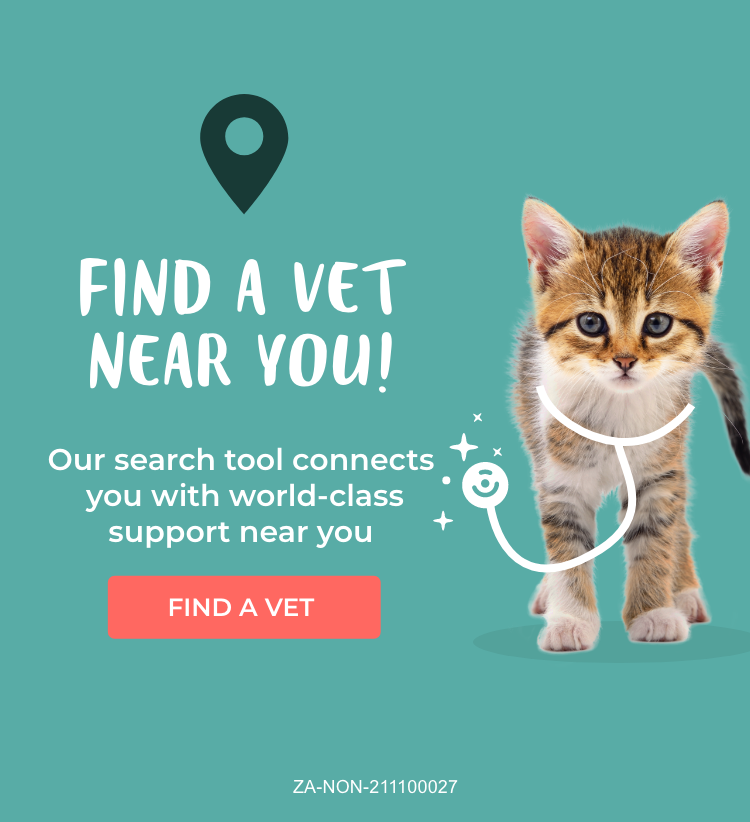7 Reasons Why Pet Owners May Avoid a Visit to Their Vet
HEALTH & PROTECTION
28 Aug, 2019
READ 6 minutes

If our dogs and cats could schedule their own appointment with a veterinarian, would they? Wild animals know how to care for themselves, but domesticated animals rely on their owners to stay healthy and fit. Dogs and cats depend upon their owners to keep their best interests at heart—from choosing the right food to staying up-to-date on routine procedures including vaccinations, dental care, and flea and tick protection.
A pet owner who postpones a visit to their veterinarian may tell you that their animal doesn’t like going, but the real reason often lies below the surface.
Here are the top 7 reasons why an owner might decide to skip a visit to their vet, along with the number one reason why it’s worth it to go.
1. TRANSPORTATION
Since the dawn of time, dogs and cats have used their four legs to move through the world. It’s not natural for them to be transported anywhere, by anyone. Some dogs and cats don’t enjoy traveling on buses, subways, cars, trains or planes, for that matter. Some animals suffer severe anxiety in moving vehicles, while others experience motion sickness in the same way that humans do—increased stress, nausea, and vomiting. With patience and practice and possibly some medical help, this can be managed so that the ability to explore the world, including the veterinarian’s office, becomes an enjoyable experience for everyone.
2. RELATIONSHIPS
Healthy relationships are rooted in trust, connection, and communication. The right veterinarian will make everyone feel secure and connected—dogs, cats, and their owners—throughout the visit. Finding the right veterinarian is similar to finding a physician. The only difference is that a dog or cat cannot easily voice their opinions. They can only respond through their actions. If a dog or cat had a traumatic experience in the past, they might become triggered every time they walk through the clinic door-this is not surprising. Owners need to trust their instincts by taking note of their dog’s or cat’s behaviour during a visit because actions speak louder than words.
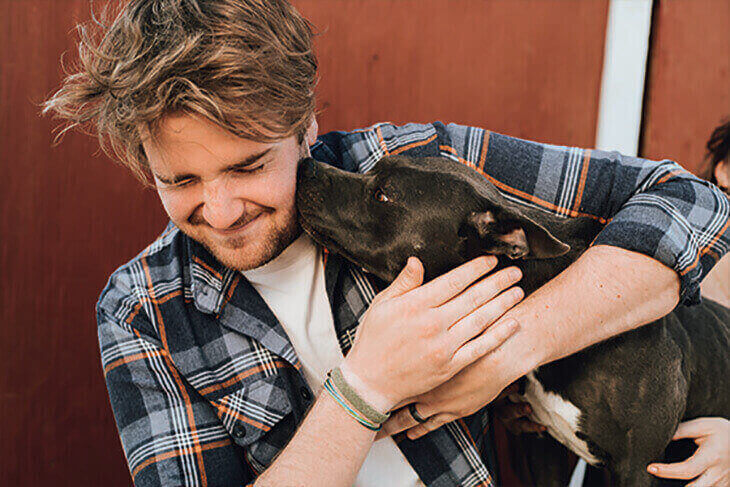
3. FINANCES
Let’s face it, an annual visit to the veterinarian is not free. Some pet owners may opt-out of a routine check-up because they feel it’s not completely necessary and it may be too expensive. This owner may fail to realise that skipping a yearly visit can increase the chance of an emergency visit in the future. Pet owners can work with veterinarians to find ways to ensure that their animals receive proper care. Pet insurance may be an approach that helps some pet owners with this concern.
4. SOCIALISATION
Sometimes people avoid scheduling a visit to their veterinarian because they are worried about how their pet will behave. Luckily, the vet’s office is one of the few places where dogs and cats can act like animals, and humans need to be on their best behaviour.
5. RISK/EXPOSURE
If you’ve ever walked into a physician’s practice during cold and flu season and wanted to retrace your steps back out the door, then you’ll understand why some owners think it’s too risky to expose their beloved dog or cat to other sick dogs and cats in the waiting room. Dogs and cats who receive routine care have little to fear because vaccinations and preventative treatments significantly reduce the risk of contracting a disease from animals in the waiting room or clinic.
6. ALTERNATIVE PRACTICES
Many dog owners prefer to seek alternative, holistic care for their dogs and cats because they believe medicines and vaccines are harmful. While there are as many natural remedies available for pets as there are for humans, the guidance of a professional who understands alternative and western medicine is the key to quality care.
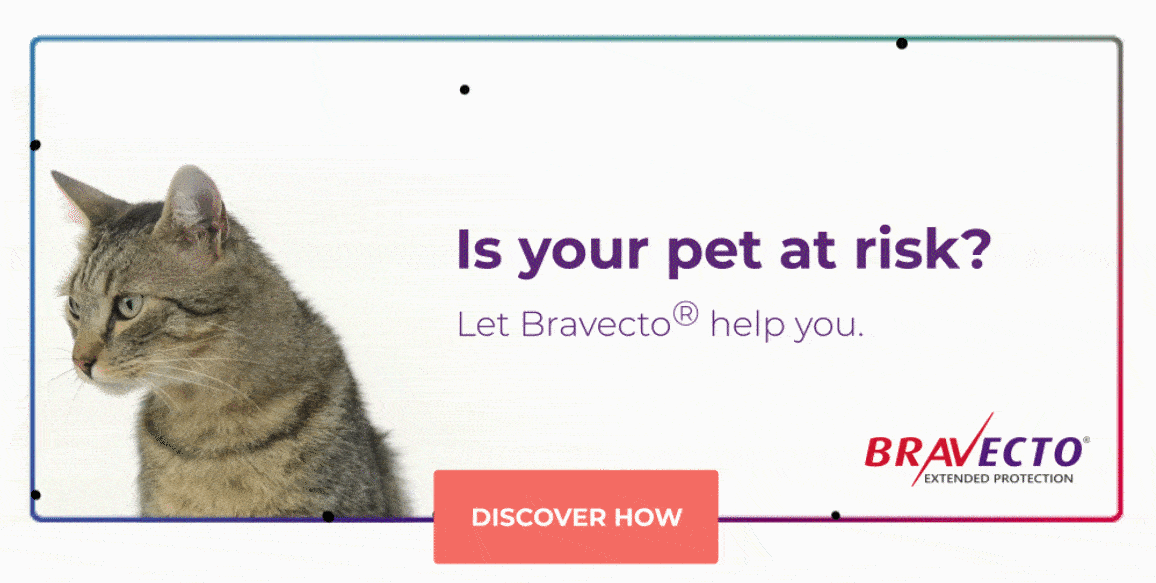
7. FEAR
When a wild dog or feral cat is ill or injured, it will instinctually seek cover until well enough to return to nature. Domesticated dogs and cats depend upon their owners to help them receive the care they need, but sometimes their owners become frozen by fear of the unknown. People may fear to take a sick dog or cat to the vet because of the threat their pet might get diagnosed with a serious illness.
In the past twenty years, veterinary care has advanced leaps and bounds. Diseases that were once deadly, like rabies, can now be prevented entirely with a vaccine. Other illnesses, like skin diseases, can often be treated.
Troubling symptoms, such as increased thirst and hunger alongside increased weight loss, can reveal conditions like pet diabetes, which is entirely manageable with the correct treatment. Even things that may seem insignificant, such as hot spots, can lead to quick detection of fleas before these skin parasites create a massive infestation that places the entire home at risk for not just an annoyance, but the spread of serious diseases to other pets and all family members.
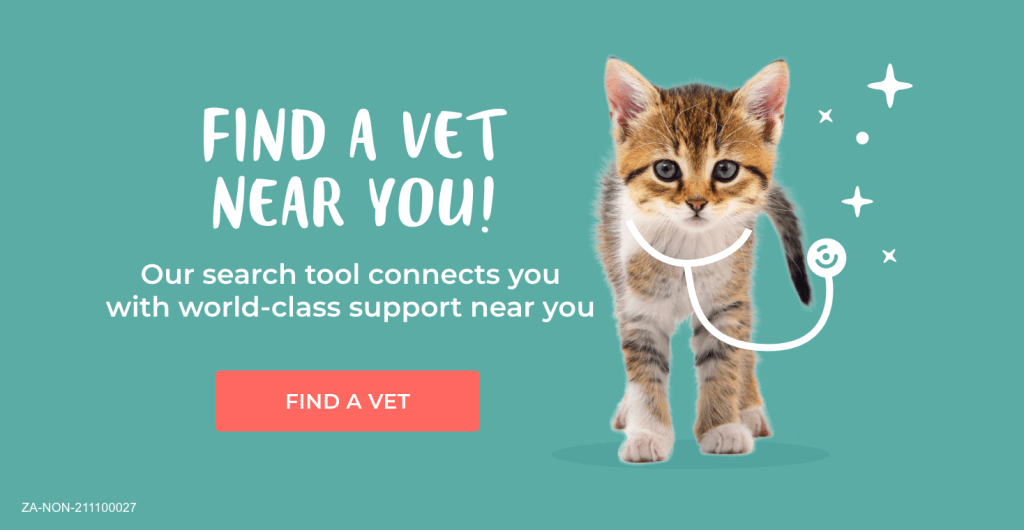
It may be easy to relate to one of the top seven reasons above, but the truth is that there’s one very good reason why every pet owner needs to take the time to find the right veterinarian and invest in routine care for their furry friend: love. Dogs and cats come into our lives willingly, offering unconditional love in return for a lifetime dose of the same. Establishing a solid, trustworthy relationship with someone who has dedicated his or her life to caring for animals is one of the most loving things any pet owner can do, not only for their dog or cat but also their entire family. Veterinarians offer a level of peace and protection to help you make the most of your time together. They understand, maybe better than anyone, that you and your best friend are family, through and through. Head over to Instagram and share your family with us using #wearefamily today.
RELATED POSTS
-

Learn about canine babesiosis, a tick-borne disease that affects dogs worldwide. Discover its symptoms, treatments, and how to prevent it.
-
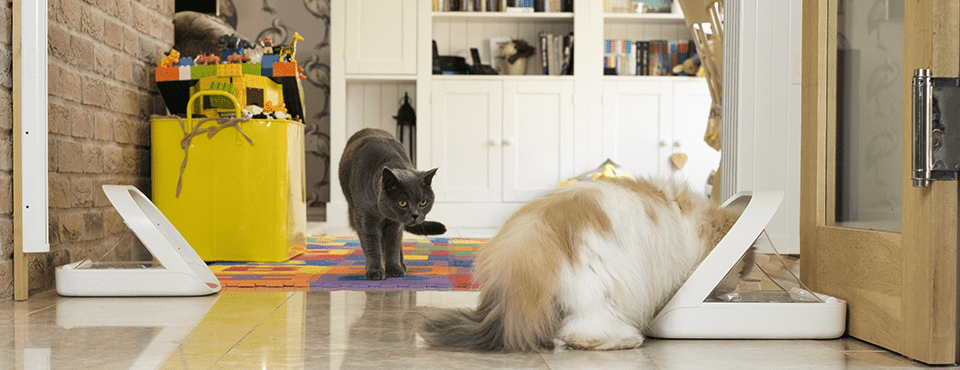
Explore how diabetes impacts cats, its signs, risk factors, and effective management through medication and diet for a healthier feline life.
-
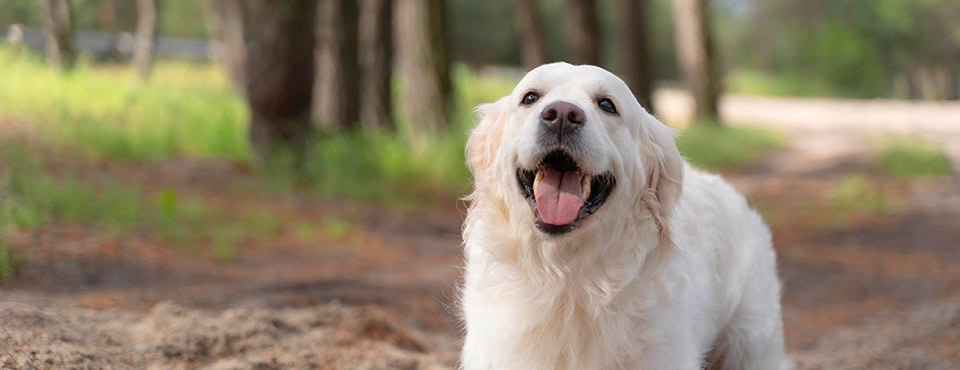
Diabetes affects an estimated 1 in 300 dogs, diabetes is more common in middle-aged and older dogs (4-14 years of age), it can be diagnosed in dogs of any age, including young dogs. Read more.
-
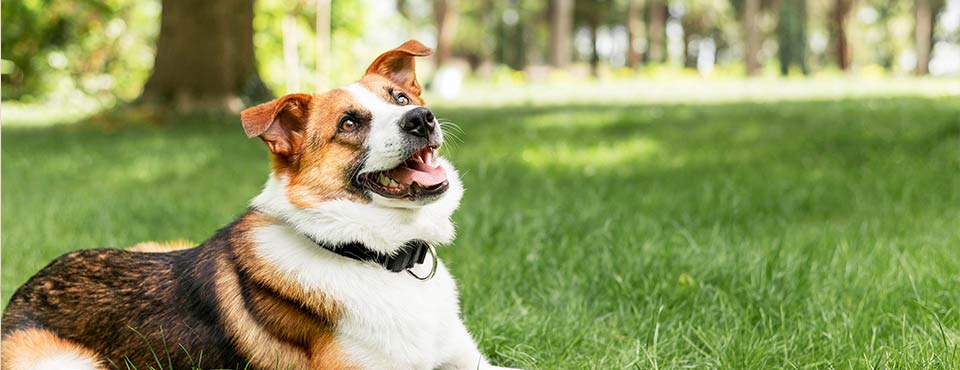
Ever wonder how your dog experiences the world? Why he or she sniffs everything, everywhere? Read more and find out




